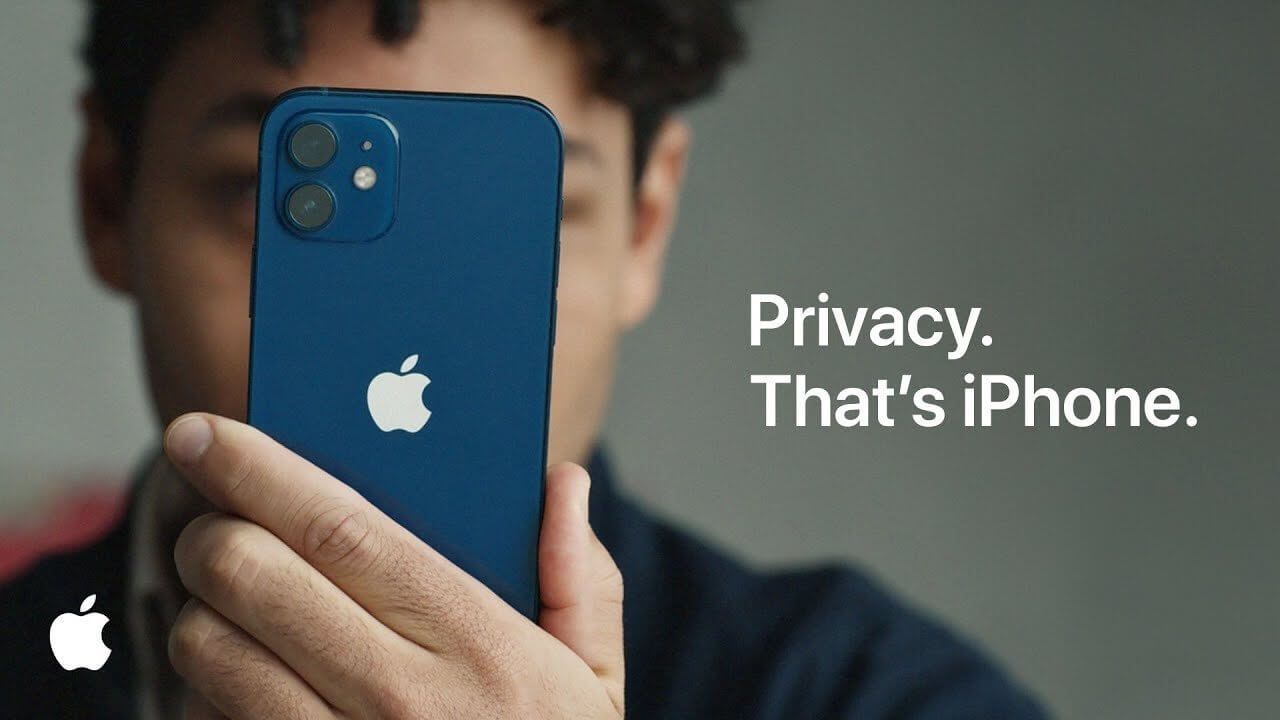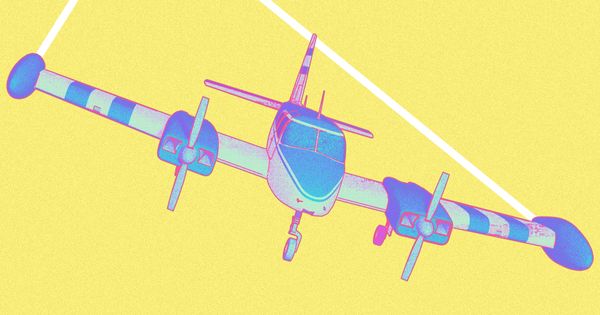Modern society faces a strange problem with privacy.
It is extremely crucial to maintain privacy for many reasons. The most important thing is to stay safe. If the public can access and use personal information without restrictions, people can be harmed or debilitated. But the fundamental reason goes deeper.
The Internet has made it even easier for intruders to invade our privacy than ever before. The anonymity of the Internet can be both a blessing and a curse for people who value their personal space and want it protected.
Privacy is a fragile thing. It’s easy for people who are not interested in your well-being to find out where you live, what kind of car you drive, and what kind of work you do. This will tell them more about your life than you want them to know.
I agree to your terms of service
The question is, how many of us read those lengthy terms of service policies while signing up for something? We sign up for the service, but we don't pay much attention to who might be storing our clicks or what they're doing with our information.

A lot of people are unaware that they are putting their own data at risk by clicking on certain buttons or even just visiting.
It seems odd at first that apps like FindMyPhone "know" our location or the Ads you see online know how old you are, what books you enjoy, and what toothpaste you wear.
In time, we grow to expect and even appreciate this familiarity.
This makes the online world seem more personalised and reduces the time we need to plan the route home or order something to read. It's almost as if the machine has foreseen our needs.
But at what cost?
The cost is you!
But hey! I have nothing to hide.
"Arguing that you don’t care about the right to privacy because you have nothing to hide is no different than saying you don’t care about free speech because you have nothing to say.” - Edward Snowden
The reason you close the door in the bathroom is that you want privacy, not secrecy. I know what you are going to do there, but you still want privacy.
You wouldn't give a random stranger your phone and let him read all of your chats, would you? You wouldn't care about privacy if you had nothing to hide. But you do. Everyone does.
Privacy is an important part of the human experience.
But I use Apple Devices, I am Safe, right?

I must give Apple credit where it's due: Apple did take a huge step with their privacy features on the iPhone that lets users opt out of being tracked throughout their digital transactions. Nearly three-quarters of iPhone users took Apple up on its offer.
However, Apple does not care about its users' privacy. Users' data is an asset that every company would like to monopolise and capitalize on, including Apple.
And Apple collects a lot of data.
There are multiple pieces of data Apple collects from their users, including their age, location, health information, and non-personal data. And that's just the tip of the iceberg.
Apple would never collect data if they cared about your privacy. And even if they did, they would ask your permission first.
But Apple doesn't share that data with third parties, Man!
By collecting your data, they are strengthening their future. By leveraging your data, they can run super-targeted ads to sell you more products and services and this means more money to Apple. Sure, they use that data also to make their products better but to think they won't use it for other things is just foolish.
Let me not start with how bad Apple's competitors are with Privacy.
In the end, you should buy Apple devices if you like the ‘Apple ecosystem’. But you should never buy iPhone just for privacy reasons.
Surveillance State
Remember the Cambridge Analytica scandal?
Here's a quick refresher - Cambridge Analytica harvested 50 million Facebook user profiles in 2015 through an external app. This included personal information such as where users lived and their liked pages, which helped build psychological profiles that analyzed character traits.
This data was later used in political campaigns.
In June 2016, the Trump campaign hired CA to assist in targeting ads using voter data gathered from millions of adults in the US. CA also provided assistance to Leave campaigners as they prepared for the EU referendum.
The surveillance state takes this even further with the constant scrutiny of the state.
It is much harder for people to deviate from accepted social behaviour if they know they are constantly being observed, commented upon, and criticized. People are afraid of standing apart, of being different, if it means being subjected to scathing scrutiny. Visibility alone can enforce norms.
This is the situation described in George Orwell's 1984, where the widespread surveillance of Big Brother kept most citizens under rigid control. When someone deliberately penetrates an individual's psychological armour, they leave themselves vulnerable to ridicule and shame and put themselves at the mercy of those who know their secrets.
Thus, privacy, as protection from excessive scrutiny, is essential to the freedom of individuals. Every individual should be allowed to deviate from social norms in small ways that characterize their individuality.
At the very least, I hope you have thought about your privacy and how much you may be revealing.






